
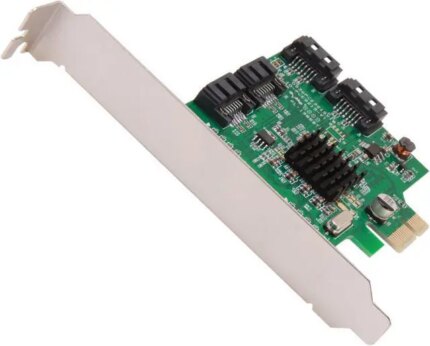
Adaptec 8405 (2277600-R) PCI-Express 3.0 x8 High Port Count SAS / SATA RAID Adapters
$122.96
Adaptec 8405 (2277600-R) PCI-Express 3.0 x8 High Port Count SAS / SATA RAID Adapters
| Best Seller Ranking |
#25 in Controllers ,RAID Cards |
|---|---|
| Brand |
Adaptec |
| Model |
8405 (2277600-R) |
| Form Factor |
Low Profile |
| Type |
SATA ,SAS |
| Internal Connectors |
1 x SFF-8643 mini-SAS HD |
| Interface |
PCI-Express 3.0 x8 |
| Transfer Rate |
Up to 12Gb/s |
| Cache Memory |
1GB |
| RAID |
RAID 0/1/1E/5/6/10/50/60 |
| Operating Systems Supported |
Microsoft WindowsRed Hat LinuxSUSE LinuxFedoraDebian LinuxUbuntu LinuxSolarisFreeBSDVMware ESXi |
| Dimensions |
2.54" x 6.60" (H x L) |
| Features |
Flexible Configuration: HBA Mode & Auto Volume Mode for automatic deploymentOptimized Disk Utilization (Multiple Arrays per disk)Supports up to 256 SAS or SATA devices using SAS expandersSupport for native 4K sector SAS and SATA devices in addition to 512byte sector devicesSupported RAID levels: 0 ,1 ,1E ,5 ,6 ,10 ,50 ,and 60Hybrid RAID 1 & 10Quick initializationOnline Capacity ExpansionPerformance modes: Dynamic ,OLTP & Big Block ByPassCopyback Hot SpareDynamic caching algorithmNative Command Queuing (NCQ)Background initializationHot-plug drive supportRAID Level MigrationHot spares – global ,dedicated ,and pooledAutomatic/manual rebuild of hot sparesSES and SAF-TE enclosure managementConfigurable stripe sizeDual FirmwareS.M.A.R.T. supportMultiple arrays per disk driveDynamic sector repairStaggered drive spin-upBootable array supportSupport for Tape Devices ,AutoloadersMSI-X support for all device driver for all supported Operating SystemsSecure boot support for the uEFI host biosUSB image available ,after shipping ,on start.adaptec.com to boot maxView GUI from any USB device for enhanced GUI based setup and offline maintenance |
| Package Contents |
Adaptec RAID 8405 adapterAdditional low profile vented bracket |
| First Listed on Newegg |
July 10 ,2024 |
2 reviews for Adaptec 8405 (2277600-R) PCI-Express 3.0 x8 High Port Count SAS / SATA RAID Adapters


MAECENAS IACULIS
Vestibulum curae torquent diam diam commodo parturient penatibus nunc dui adipiscing convallis bulum parturient suspendisse parturient a.Parturient in parturient scelerisque nibh lectus quam a natoque adipiscing a vestibulum hendrerit et pharetra fames nunc natoque dui.
ADIPISCING CONVALLIS BULUM
- Vestibulum penatibus nunc dui adipiscing convallis bulum parturient suspendisse.
- Abitur parturient praesent lectus quam a natoque adipiscing a vestibulum hendre.
- Diam parturient dictumst parturient scelerisque nibh lectus.
Scelerisque adipiscing bibendum sem vestibulum et in a a a purus lectus faucibus lobortis tincidunt purus lectus nisl class eros.Condimentum a et ullamcorper dictumst mus et tristique elementum nam inceptos hac parturient scelerisque vestibulum amet elit ut volutpat.

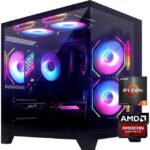
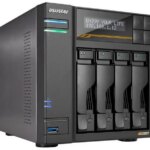 Components & Storage
Components & Storage Software & Services
Software & Services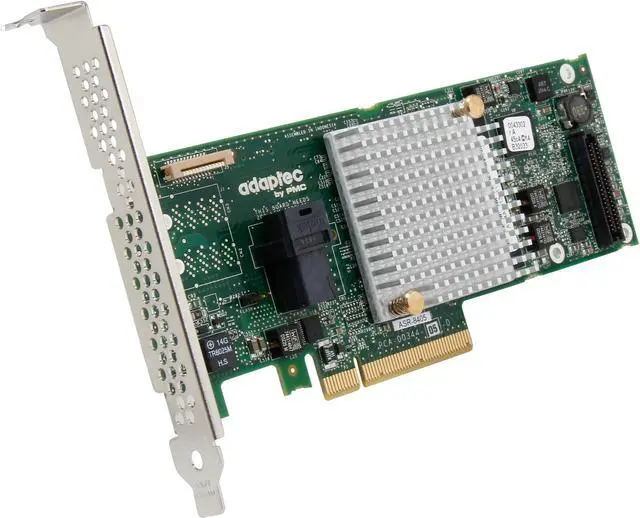

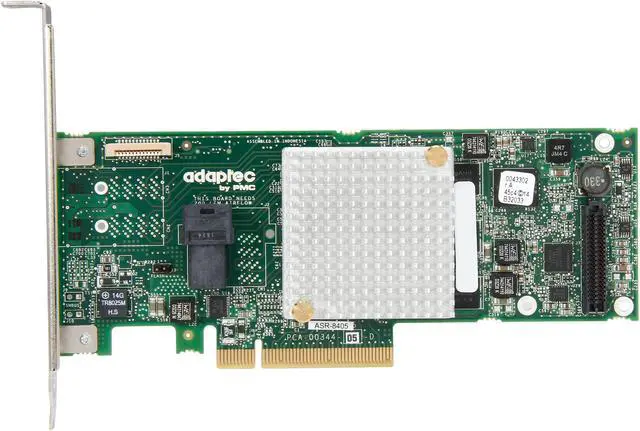
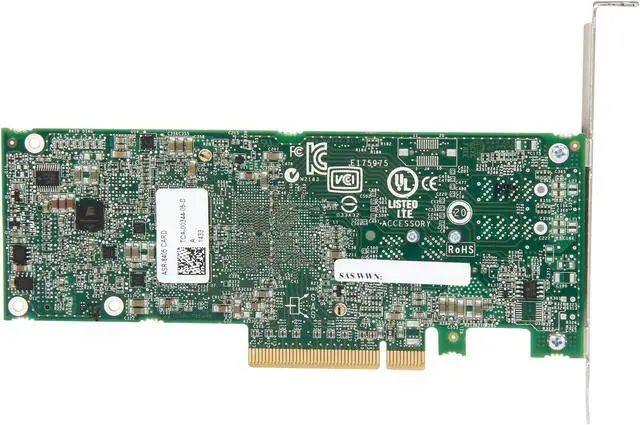
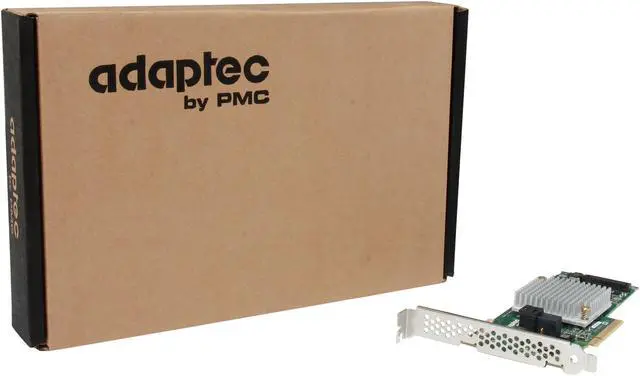
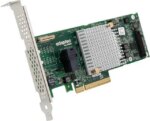

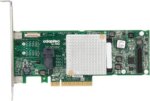
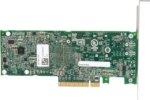

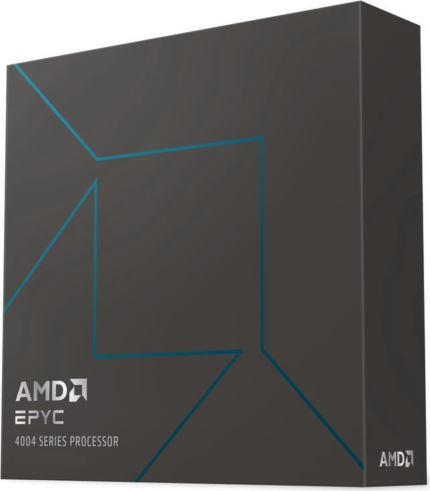
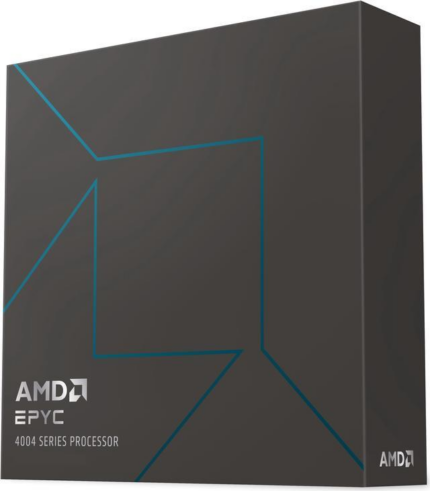
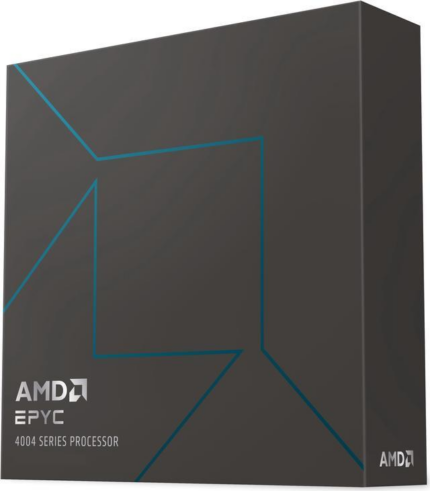
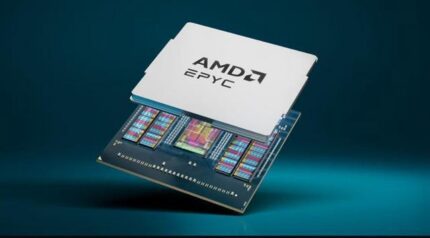
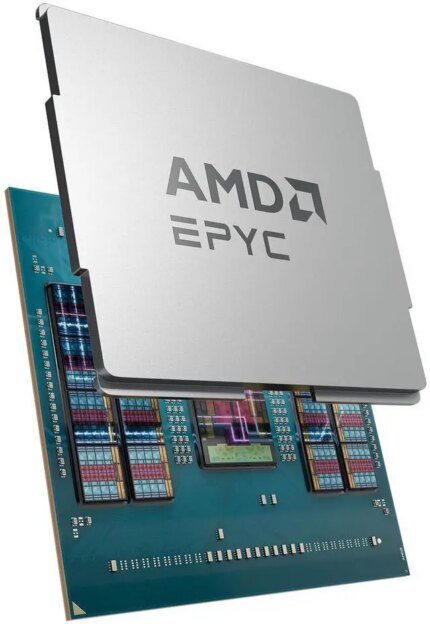
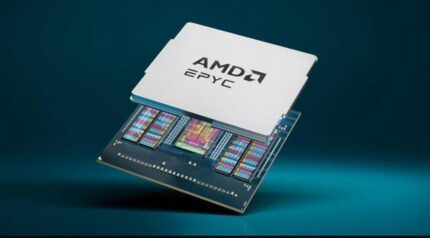
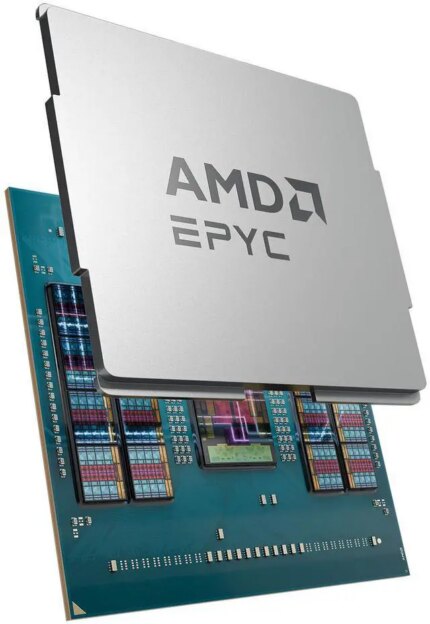
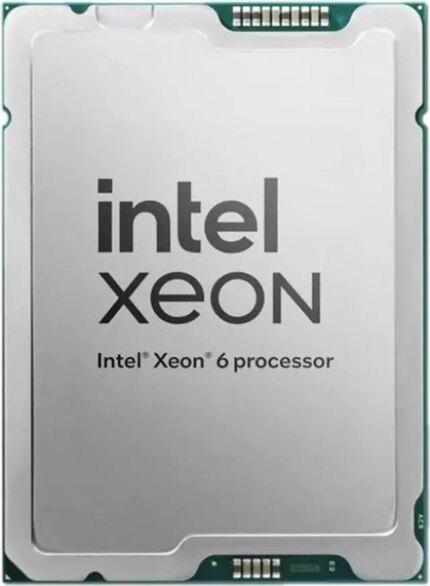
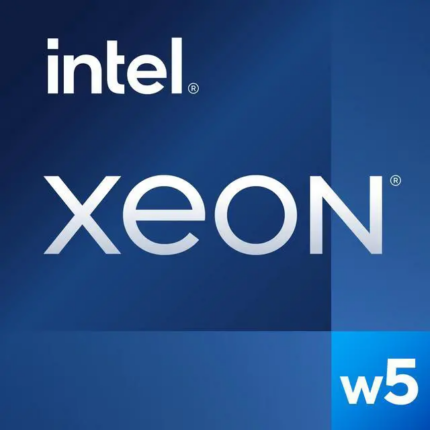
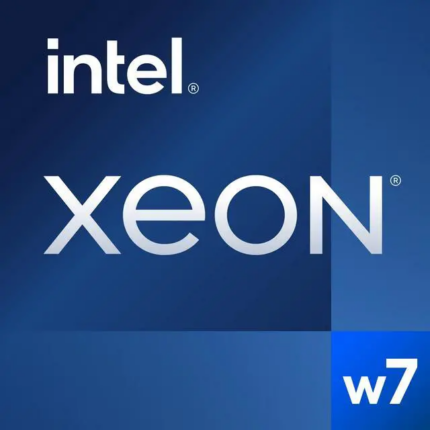
Joe V. –
Pros: * Super easy upgrade from an Adaptec 6405 to this. Just plug the card in, attach the internal cable (once you have it), attach the cables to your drives in whatever order, the card determines what the correct order is automatically and asks you to confirm.
* Twice the cache of the 6405 Cons: * Doesn’t include the cable that’s needed. You local electronics store most likely doesn’t have the cable for sale (mine didn’t) so you’ll probably want to grab it from Newegg while you’re here.
* There seems to be some kind of bug with the card, or maybe it’s my system, but when I do a soft reset or soft reboot, the card doesn’t re-detect the drives. Never had that problem with the 6405. Overall Review: The internal connector is SFF-8643 and my drives are SFF-8482, so the cable I opted for is “ADAPTEC 2280100-R 0.8M INT MINI 4SAS HD SFF-8643 TO 4XSAS SFF-8482 FAN-OUT CABLE”. Adaptec has a cable chart on their site somewhere.
Kenneth C. –
Pros: True hardware based RAID controller
Supports RAID 5 and 6 (as well as other modes)
Supports UEFI (GPT)
Fast processor
Seems very stable Cons: Pricey
Be aware of air circulation requirements Overall Review: RAID arrays are one approach to minimizing data loss potential. There are other less expensive ways (backing up important data to a flash drive, for instance). Further, in today’s environment (ransomware, etc.), backups are absolutely essential.
Performance: Running four (4) Toshiba 2TB P300 drives in a RAID 6 array (resulting in about 4TB usable storage), the real read speed for the array is about 250MB/s. This is near theoretical, as a 7200 rpm drive can spit out between 80 – 160 MBs continuous maximum, and with 4 drives in a RAID 6 array the limit would be double the single drive speed.
Note that the apparent read speed can appear to be much higher if tests are made with a test file at or under the 8405 buffer size (1GB). Such results are unfortunately largely meaningless.
I chose RAID 6 because of the extra insurance against a failure during rebuild. Both RAID 5 and RAID 6 require substantial time (many hours) to rebuild. If a second drive gives up the ghost during rebuild, you would be lost with RAID 5. Additionally, I chose hardware RAID because I am running a dual boot system (Windows & Linux). Unfortunately, there is no software (“fake”) RAID for levels 5 or 6 that is compatible with both Windows and Linux.
I bought the drives for this computer over a year ago, but upgraded to the 8405 only a month or so ago. If I were building a computer today, I would strongly consider incorporating an SSD in the system.
One caution: check the specs on your motherboard carefully regarding the bit width of your PCIe “x 8” or “x 16” slot. I cannot overemphasize this. It is within the PCI Express specification to have a physical 16 bit slot, but have only, for example, 2 bit support. I got bit on that, and had to move the 8405 to another slot before it would behave properly.